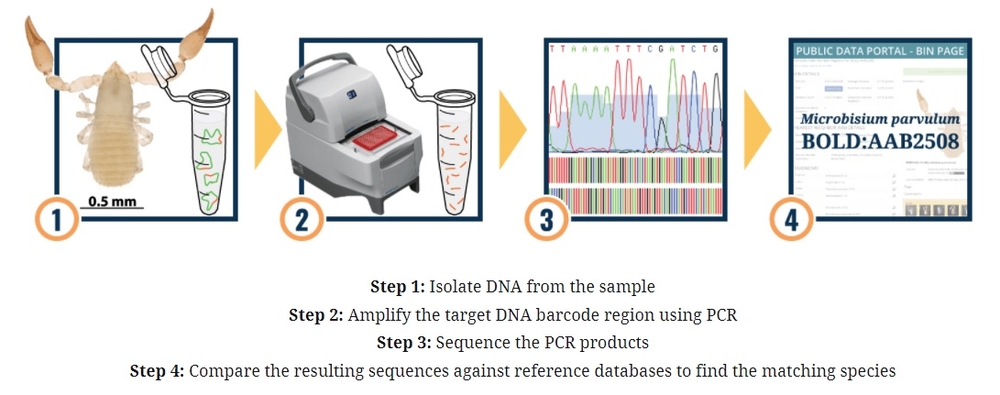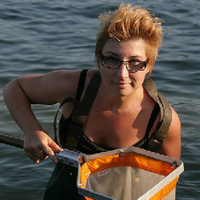
PolBOL (Polish Barcode of Life), the national iBOL-BIOSCAN node, was initiated just prior to the COVID-19 pandemic, by a group of scientists from the Department of Invertebrate Zoology and Hydrobiology at the University of Lodz, led by Prof. Michał Grabowski.
Researchers from the University of Lodz started the PolBOL initiative to build a reference library of DNA barcodes of national fauna, for future environmental biomonitoring standards. At present, the barcode library of Polish fauna encompasses more than 7,500 sequences, representing more than 1,300 animal species. The library is being constantly developed and extended to other groups of organisms. In one of its first projects, PolBOL focused on developing a complete DNA barcode library for biota of a semi-natural lowland river and its valley in Central Poland.
PolBOL is part of an international research consortium
In 2018, Prof. Michał Grabowski, was invited to join the scientific committee of the International Barcode of Life (iBOL) research consortium and its scientific network. The network is dedicated to coordinating biodiversity research based on 'genetic barcodes', i.e. DNA nucleotide sequences of a specific length. The iBOL-BIOSCAN network already links more than 40 countries. In 2020, European institutions interested in the use of DNA barcoding established a European iBOL node - BIOSCAN Europe. The Faculty of Biology and Environmental Protection of the University of Lodz is among its founders.
![[Translate to English:] a](/fileadmin/Projekty/POLISH_BARCODE_OF_LIFE/Piotr_Gadawski-90.jpg)
![[Translate to English:] 1](/fileadmin/Projekty/POLISH_BARCODE_OF_LIFE/473987703_1169983291793730_8586683540260445841_n.jpg)
![[Translate to English:] 1](/fileadmin/Projekty/POLISH_BARCODE_OF_LIFE/polin1.jpg)
![[Translate to English:] 11](/fileadmin/user_upload/aktualno%C5%9Bci/IMG_20240320_154036.jpg)
![[Translate to English:] 1](/fileadmin/Projekty/POLISH_BARCODE_OF_LIFE/ksi1.jpg)
![[Translate to English:] 1111](/fileadmin/Projekty/POLISH_BARCODE_OF_LIFE/ibol1.jpg)
![[Translate to English:] 1](/fileadmin/Projekty/POLISH_BARCODE_OF_LIFE/dzieci1.jpg)
![[Translate to English:] 1](/fileadmin/Projekty/POLISH_BARCODE_OF_LIFE/tpn1.jpg)
![[Translate to English:] 1](/fileadmin/Projekty/POLISH_BARCODE_OF_LIFE/1__14_.jpg)



![[Translate to English:] bge](/fileadmin/Projekty/POLISH_BARCODE_OF_LIFE/1500x500.jpg)
![[Translate to English:] bioscan](/fileadmin/Projekty/POLISH_BARCODE_OF_LIFE/bioscan.png)



![[Translate to English:] sgb](/fileadmin/Projekty/POLISH_BARCODE_OF_LIFE/SGB.png)
![[Translate to English:] power](/fileadmin/Projekty/POLISH_BARCODE_OF_LIFE/164912-0.jpg)















![[Translate to English:] ortho](/fileadmin/Projekty/POLISH_BARCODE_OF_LIFE/DSC_4829.jpg)
![[Translate to English:] ksib](/fileadmin/Projekty/POLISH_BARCODE_OF_LIFE/ksib_logo_o.png)











